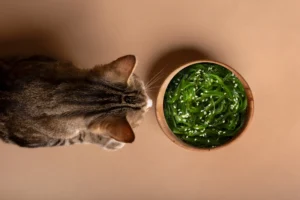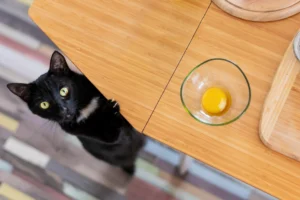Hydration is essential in keeping any living being alive. And like us, our pets have a body containing 75% water which helps with:
- Regulating body temperature
- Maintaining skin elasticity
- Lubrication of joints
- Maintaining moisture in eyes, nose, mouth and lungs
- Cushioning the nervous system and organs
- Excretion and elimination of waste products
- Overall nourishment and digestion
After a run about in the park or around the living room, your furkid may be panting and looking for water.
But before you refill their water bowl or bottle with water from the pipes, here’s an important question:
Is Malaysia’s tap water safe to drink?
Drinking tap water is a norm in other parts of the world especially in Western countries. But if you’ve been brought up in Malaysia, you’ve probably always remembered having to filter and boil your drinking water.
Generally speaking, our tap water isn’t poisonous per say as chlorination during the treatment process would have killed any bacteria present in water. However, there are many conditions that would affect the drinkability of your tap water before it reaches your cup such as:
- It passing through rusty pipes
- Your home’s distance from the water treatment plant or agricultural areas
- Ongoing or recent repair works by your water service provider
Bottom line: It’s still best to drink boiled, if not filtered water, to prevent any unnecessary tummy aches.
And if we ourselves aren’t drinking tap water, why should we feed it to our pets?
Here’s why tap water is bad for our pets
It could contain contaminants such as:
- Minerals: Such as iron, which can stain your dog’s fur especially at the mouth area.
- Lead: Consumption in large amounts can cause acute stomach pain, vomiting, and diarrhea in some pets.
- Fluoride: It’s dangerous in high levels and unnecessarily strains the kidneys to eliminate it from the body. Plus, it can also cause cancer in pets – just like in humans.
- Arsenic: High amounts of arsenic are rarely found in tap water, but ingestion of large amounts can lead to abdominal pains, sluggishness, or even unconsciousness.
- Giardia: A parasite transmitted by discharges of fecal waste into water, food, soil, and other surfaces. Giardia can cause diarrhea in animals as well as humans.
- E. coli: Some strains of E. coli bacteria are harmless. But when infected with a dangerous strain, your furkid may show symptoms like low body temperature, depression, increased heart rate, diarrhea, vomiting, lack of appetite, lethargy, and weakness.
- Water Hardness: Water containing high amounts of dissolved magnesium and calcium could cause pets to experience urinary health issues, such as incontinence, tract infections, cystitis, and crystalluria (an overproduction of crystals in urine).
So how do I safely hydrate my pets?
The answer is simple.
Fresh filtered water in a clean water bowl.
No, we don’t mean pouring your pet a fresh bowl of filtered water every time they seem thirsty.
- Opt for stainless steel, porcelain or glass bowls over plastic
- Refill it with fresh water everyday
- Rinse the bowl daily
- Wash it with soap and hot water once every few days
Reasons being the microbes from your pets saliva can be transferred to the water bowl. Combined with it being stagnant, it creates an ideal breeding ground for bacteria and other unwanted contaminants.
Feature Image Credit: Sylvain L. via Flickr











